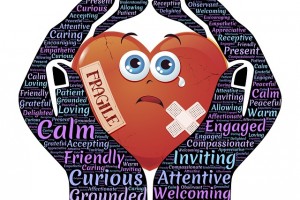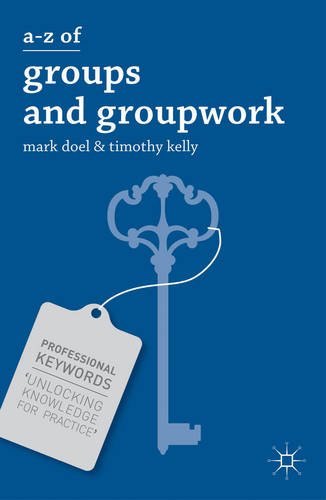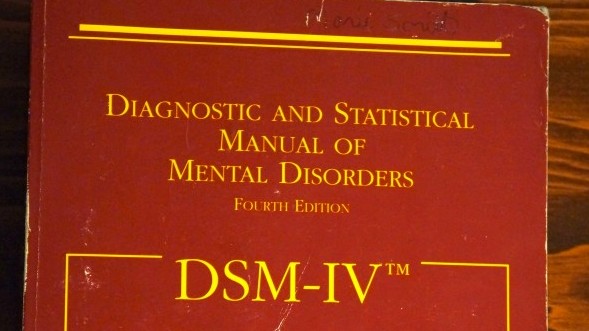Neil Thompson, PhD Archive
The mantra of being ‘balanced in all things’ is a well-established idea, but there is a paradox here. If we are aiming to be balanced in all things, doesn’t that mean we are being extreme (and therefore unbalanced) about being …
It is often said that trust needs to be earned, and that implies that we start off not trusting people until they reach the point when they have done enough to convince us that they are trustworthy. But is it …
As human beings, we are, of course, emotional creatures just as much as we are rational, if not more so. This means that any attempt to understand human actions without taking account of the emotional dimension is likely to be, …
Positive psychology and its promotion of optimism have become firmly established in the popular imagination now. The idea that people who are optimistic will fare better than people who are pessimistic has received a great deal of coverage and has …
We live in a world of soundbites and dumbed-down media messages. Having so many people competing for our attention and trying to capture that attention in a short time is bound to lead to an oversimplification of complex issues much …
In my People Solutions Sourcebook I write about the ‘Three Hs’ that are powerful influences on behaviour: head (reason); heart (passion or emotion) and habit. Which is more powerful will depend on the circumstances at any given time. For example, …
A – Z of Groups and Groupwork by Mark Doel and Timothy B. Kelly, Palgrave Macmillan, 2014, ISBN 978 0 230 30857 2, 9 + 241pp. This book is part of a new series of A to Z books from …
I have long been wary of efforts to explain mental health problems simply and uncritically as illnesses. This important new book confirms that I was right to do so. The author is an anthropologist and psychotherapist, and so is well …
I attended a conference once where one of the presenters said that when people undergo a major change in their lives they experience something very similar to grief. ‘Similar?’, I thought to myself. ‘No, it is more than similar, it …










